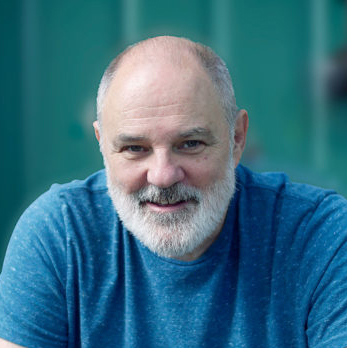Five years ago, I was in a computer lab at a local college, getting acquainted with seven Saudi journalists at the start of a two-day writing workshop.
We’d begun by trading professional and personal histories, sharing details about newsroom jobs and families. Khalid, a page designer, had two boys and two girls. Abdullah was pining for his wife and their month-old daughter. Saeed, a professor-turned-editor, beamed over his grandchildren.
Shortly after 10 a.m. we had taken a coffee break when one of them ran up, breathless. Something about an airplane hijacking. We headed to the student union.
On the big-screen TV, the World Trade Center looked like an immense burnt match. In silence, we watched the replays of the second jetliner crashing into Tower 2 and its collapse, and then gasped at the terrible live shots of Tower 1 dropping to earth in a mushroom cloud of smoke and debris.
“It’s like a movie,” one of the Saudis said.
Faheem, the managing editor, asked what I thought we should do. Softly, he asked if I thought he and his colleagues would be safe. I don’t remember how I answered, but we agreed to meet the next morning.
Saeed and I headed for the classroom to lock up.
“This is not an attack against America,” he told me. “This is a crime against humanity.”
The Saudis left to phone their families. That night one of them shaved his moustache.
I returned to work, a journalistic homing pigeon in search of a computer, and wrote this story.






